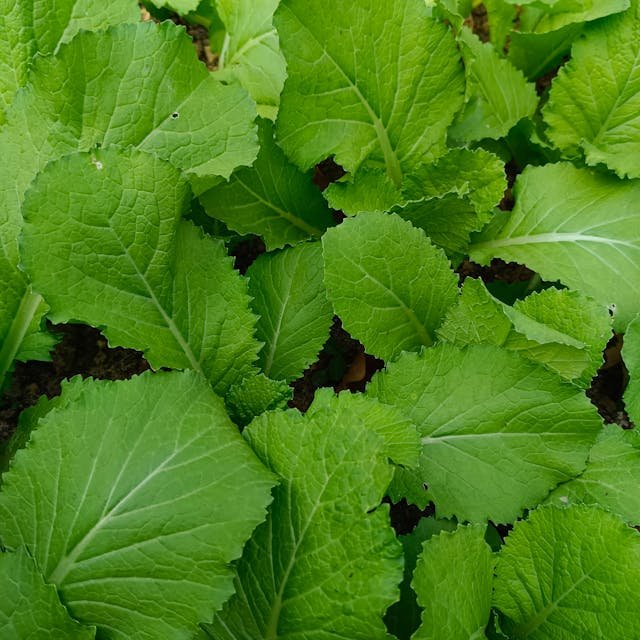Sustainable Sips: The Rise of Eco-Conscious Beverage Brands
In an era defined by climate change, sustainability is no longer just a trend—it’s a necessity. The beverage industry, which has traditionally contributed to environmental challenges, is undergoing a significant transformation. Eco-conscious brands are stepping into the spotlight, turning sustainability into a central tenet of their identity. From plant-based ingredients to innovative packaging, the rise of sustainable sips represents a broader movement towards an environmentally sound lifestyle.
A Shift in Consumer Behavior
The demand for sustainable products is being driven by a new generation of consumers. Millennials and Gen Z are leading the charge, prioritizing eco-friendliness when making purchasing decisions. According to a 2021 Nielsen report, 73% of global consumers are willing to change their consumption habits to reduce their environmental impact. This growing awareness is pushing beverage brands to rethink their practices, focusing not only on taste but also on the story behind their products.
Innovative Ingredients and Sourcing
Eco-conscious beverage brands are increasingly turning to sustainable ingredients. Many are sourcing organic, non-GMO components that have a lower environmental footprint. Craft breweries, for instance, are experimenting with locally sourced grains and hops, reducing transportation emissions and supporting local farmers. Similarly, juice and smoothie companies are embracing ugly fruit and vegetable sourcing to minimize food waste. By utilizing produce that would otherwise be discarded, these brands are innovating while contributing to a more circular food system.
Responsible Production Practices
Beyond ingredients, many beverage brands are adopting responsible production practices. This includes reducing water usage, minimizing waste during manufacturing, and utilizing renewable energy sources. Companies are also adopting methods such as cold-pressing and fermentation that require fewer resources and result in a higher nutritional yield.
For example, many craft beverage producers are implementing efficient brewing processes that cut energy consumption without sacrificing flavor. These practices not only enhance the sustainability of the product but also resonate with environmentally aware consumers.
Eco-Friendly Packaging Solutions
A significant aspect of sustainability in the beverage industry lies in packaging. Traditional packaging methods, particularly single-use plastics, have drawn severe criticism for their environmental impact. In response, many eco-conscious brands are investing in innovative solutions that prioritize recyclability and biodegradability.
Some brands have developed containers made from plant-based materials, while others are investing in reusable packaging systems. For instance, refillable beverage bottles are an increasingly popular option, allowing consumers to enjoy their drinks without contributing to plastic waste. Additionally, companies are exploring sustainable inks and adhesives, ensuring that every component of their packaging is environmentally friendly.
Community and Transparency
The rise of eco-conscious beverage brands is not just about the product but also about the values they embody. Many brands are committed to social responsibility and community engagement. Transparency is key; today’s consumers want to know where their products come from and how they are made. Brands that successfully share their impact story—be it through ethical sourcing, fair trade practices, or community support initiatives—build trust and loyalty among their customers.
The Future of Sustainable Sips
As awareness about climate change continues to grow, the future of the beverage industry seems set to prioritize sustainability. Consumers are more informed and demand accountability, leading brands to adapt quickly to these expectations. The intersection of taste, quality, and eco-friendliness is proving to be a lucrative space for innovation.
Major players in the beverage market are also beginning to take notice. Large corporations are incorporating sustainable initiatives into their business models, often through partnerships with eco-conscious startups or by launching their own sustainable lines. This hybrid approach is expected to further propel the accessibility of eco-friendly beverages, allowing a wider consumer base to partake in this important shift.
Conclusion
The rise of eco-conscious beverage brands is a testament to the power of consumer choice and the impact of collective action. By prioritizing sustainable practices, these companies are not only creating delicious products but are also paving the way for a more responsible industry. With each sip, consumers can now partake in a movement that champions the planet, proving that we can enjoy our drinks guilt-free while making a positive impact on the world. Sustainable sips are more than a trend; they are the dawn of a new era in the beverage industry—one that values the health of our planet as much as the tastes of our palates.


